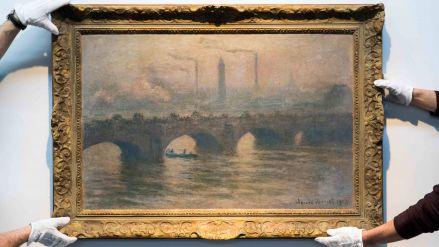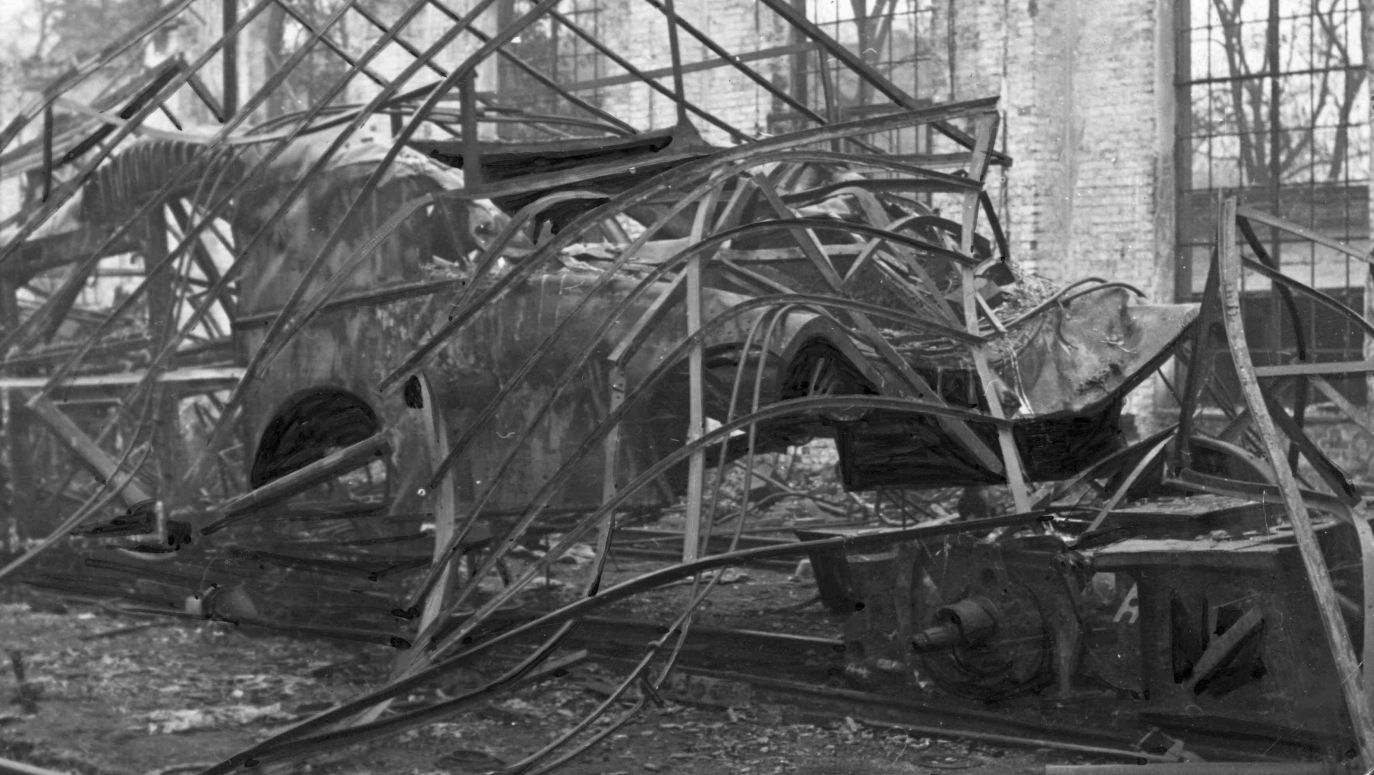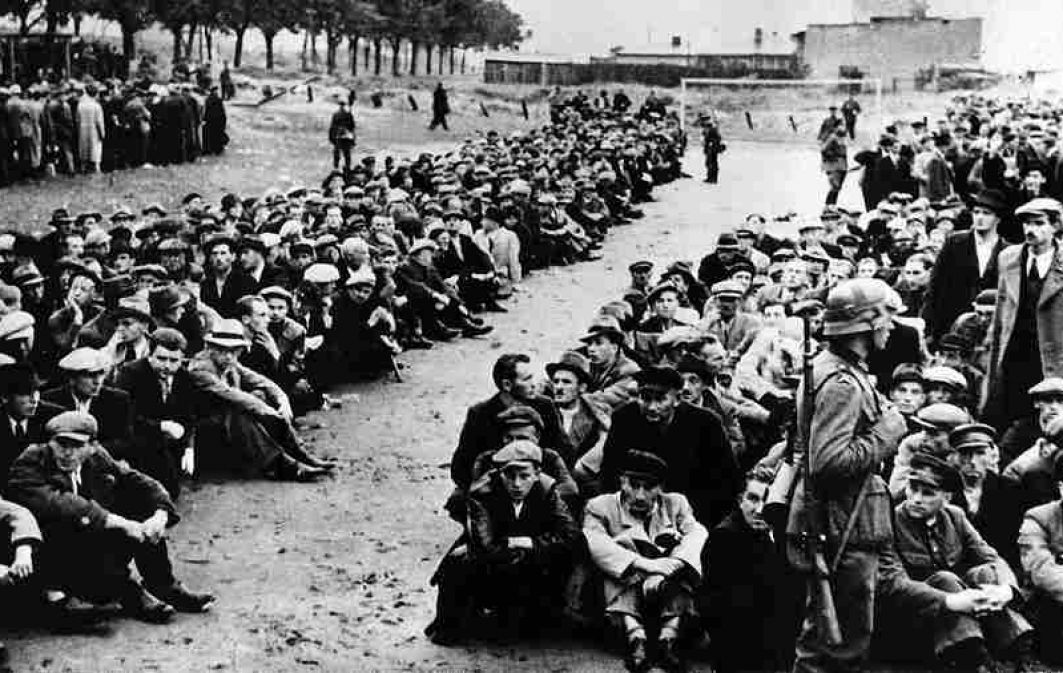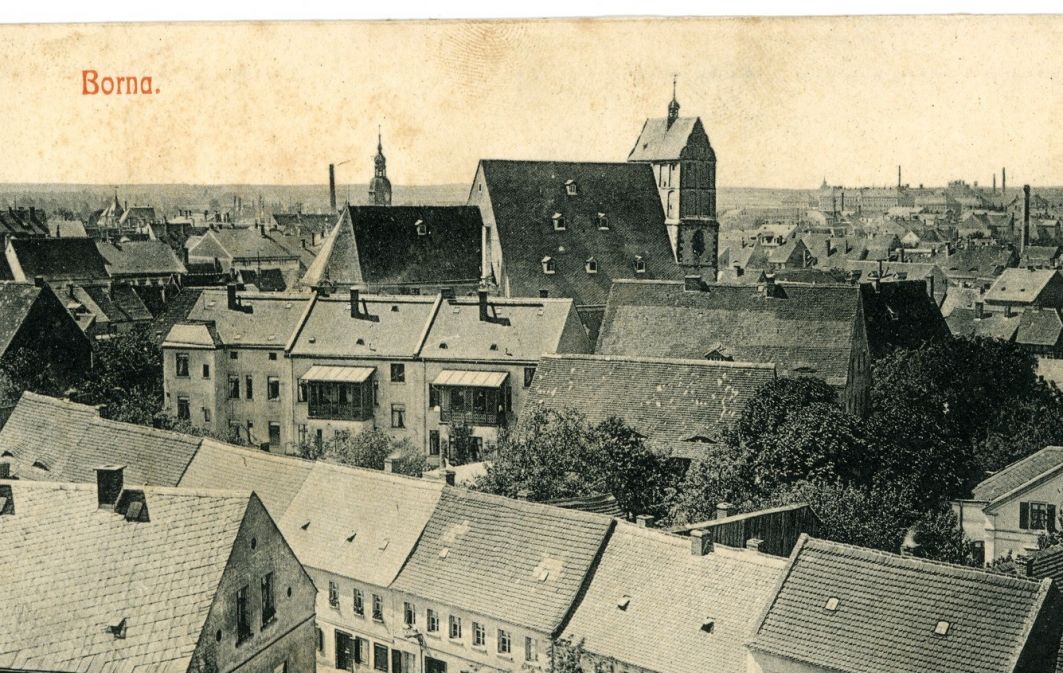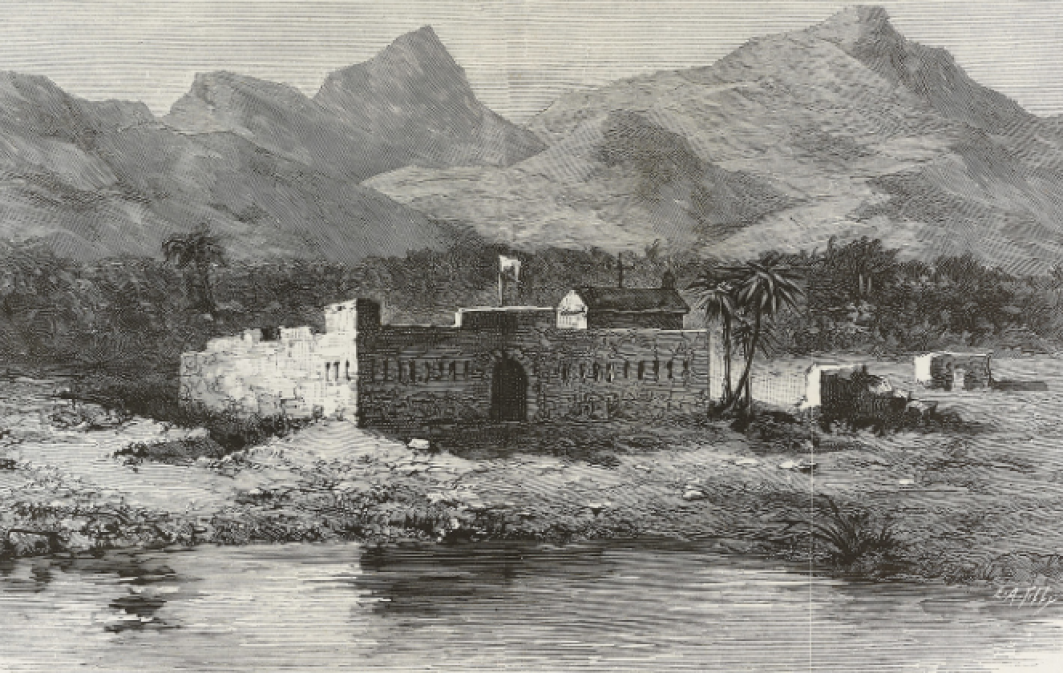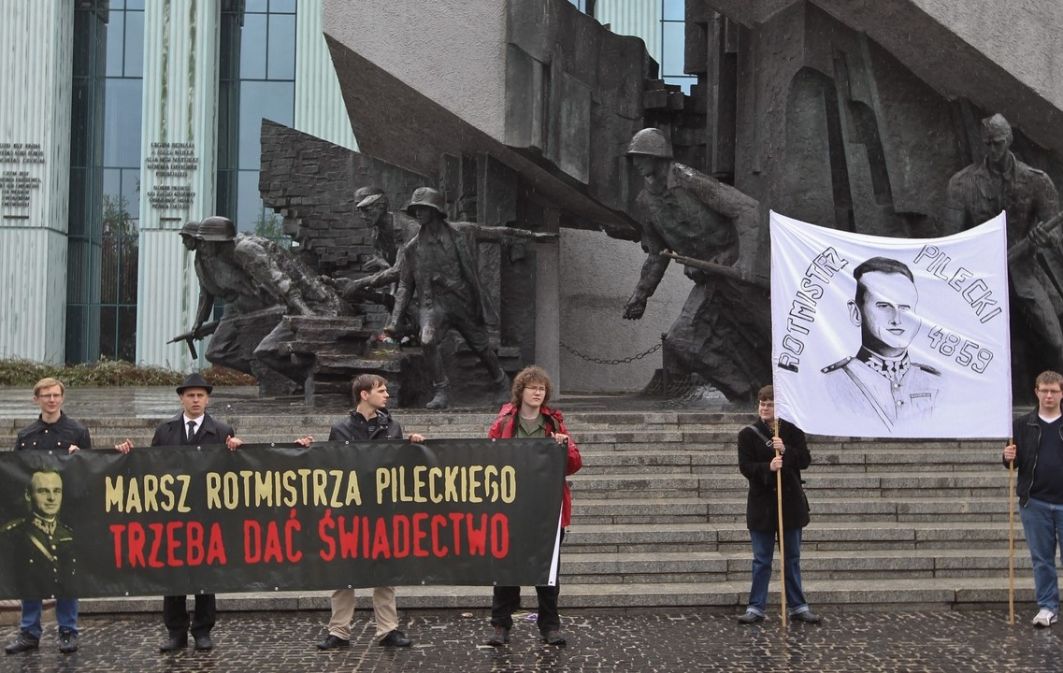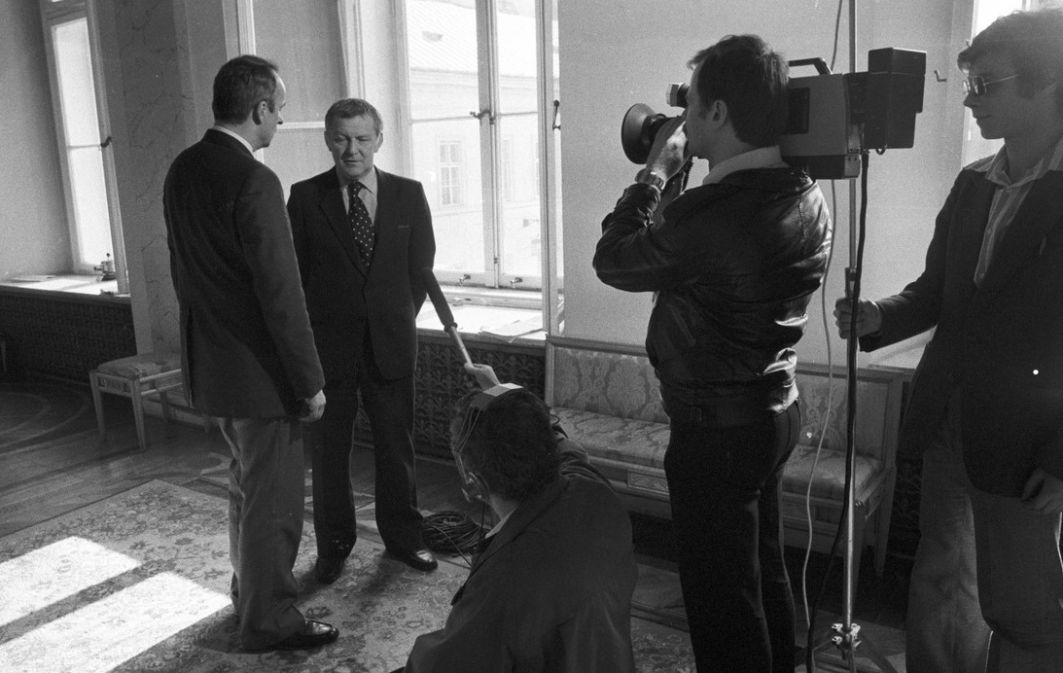The amount of compensation was estimated at PLN 17 million. – The methodology for calculating the valorization of lost goods was elaborated especially for us by prof. Mirosław Kłusek – says the lawyer. Professor Kłusek is one of the authors of the report on Poland’s war losses.
Victims’ rights
The Defenders for Defenders Foundation does not want to limit itself to matters related to WWII. However, according to the lawyers, the strategy of action needs to be slightly altered. – We see the problem when it comes to the addressees of the allegations, i.e. against whom the Italians, Greeks, Poles, residents of the countries of former Yugoslavia or African countries are filing lawsuits. The victims of the conflict in Ukraine will probably not be able to cope with it either, the barrister believes.
– The aggrieved parties usually sue states but they are helpless in the face of their immunity from jurisdiction or statute of limitations. Our idea is to develop international standards for individuals who claim compensation for various armed conflicts. Victims would not only testify as witnesses, but also appear before a specially appointed tribunal as the voice of a party in the case, explains Monika Brzozowska-Pasieka.
At the same time, she admits that similar sentences would be very difficult to enforce anyway, because a judgment issued by a tribunal under international auspices may not be recognized e.g. by the Federal Court in Karlsruhe, i.e. the German Constitutional Court, as has already happened on other occasions.
– However, the multitude of similar cases would eventually force concessions and even agreements, bilateral agreements, and thus the payment of compensation – if not called so, then otherwise – forecasts Brzozowska-Pasieka.
She also points out that these will go on for years as many countries need to be persuaded to such proceedings. – And yet, the war in Ukraine will lead to a change of approach to this problem – believes Monika Brzozowska-Pasieka. The wounds of historical conflicts are healing more and more, whereas the current fighting in the East is something tangible, happening here and now. It’s a good moment to think about victims and their rights, not only in the context of state-to-state relations.
– Sławomir Cedzyński
– Translated by Dominik Szczęsny-Kostanecki
TVP WEEKLY. Editorial team and jornalists
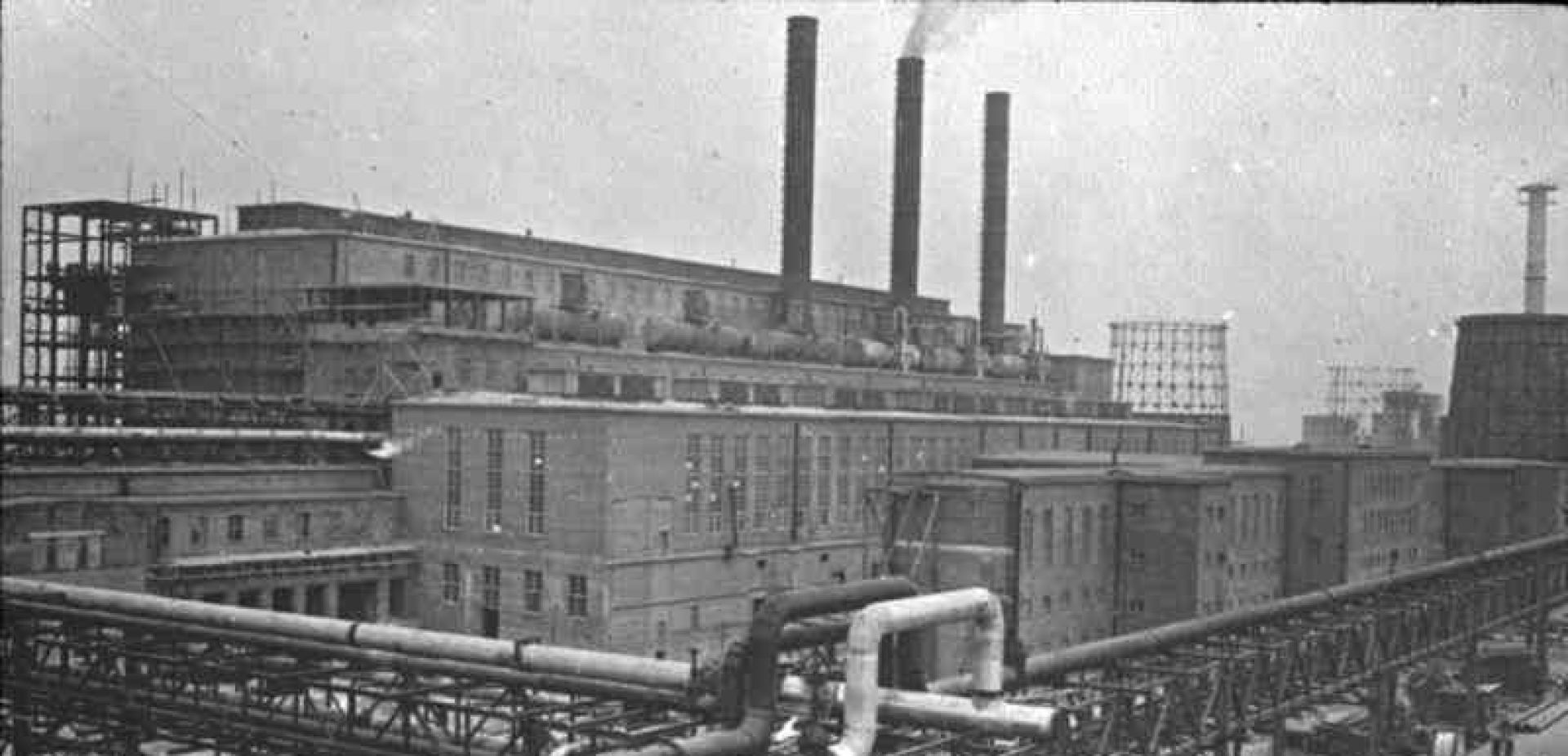
 SIGN UP TO OUR PAGE
SIGN UP TO OUR PAGE
 – We have decided to take a different path by bringing lawsuits against specific subjects rather than states. At first we represented the heirs of two persons which is also of importance here. Not on behalf of a group, but of specific individuals – says Brzozowska-Pasieka. Those were Tadeusz Śledziński and Leopold Wellisz.
– We have decided to take a different path by bringing lawsuits against specific subjects rather than states. At first we represented the heirs of two persons which is also of importance here. Not on behalf of a group, but of specific individuals – says Brzozowska-Pasieka. Those were Tadeusz Śledziński and Leopold Wellisz.